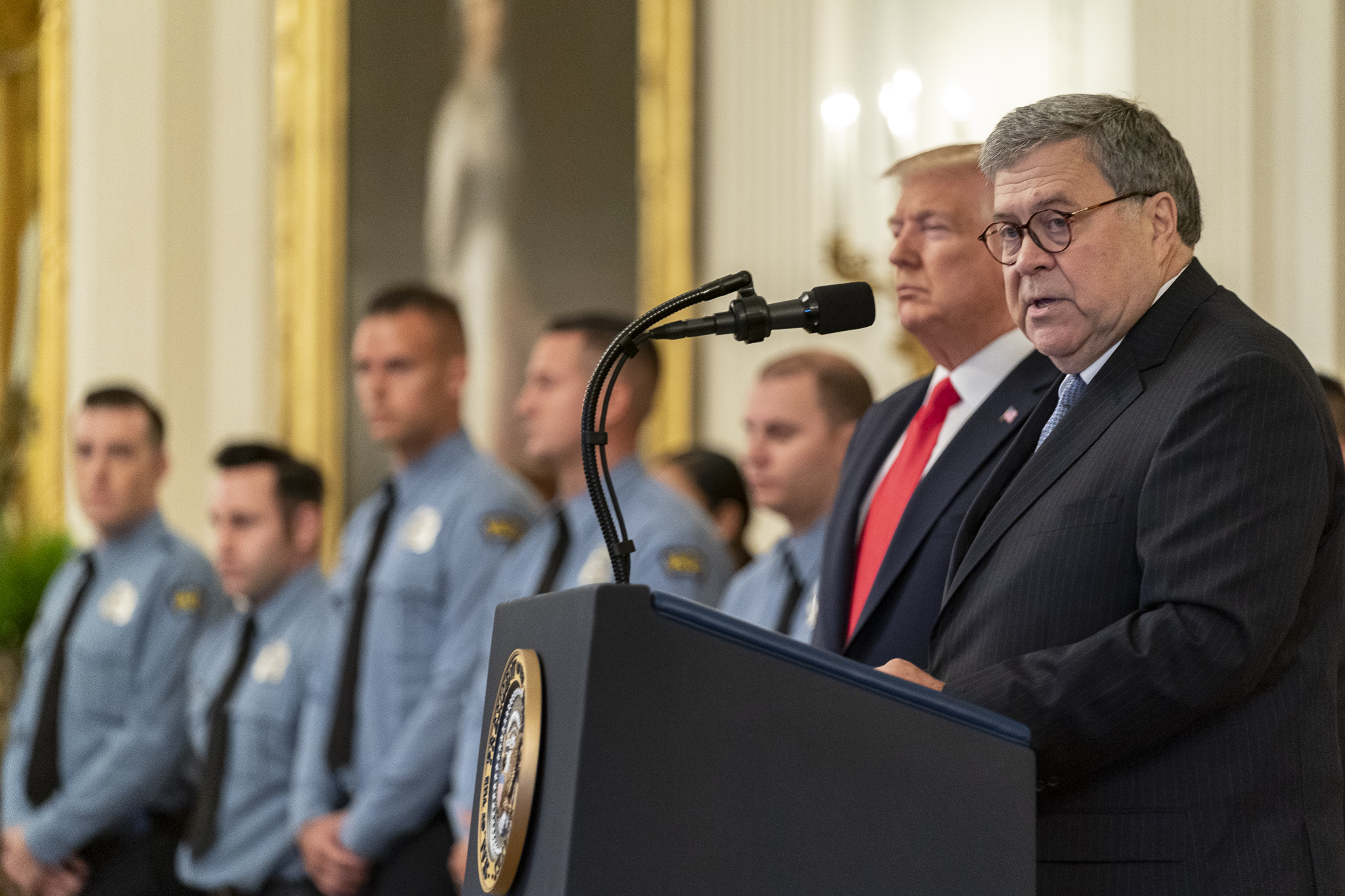Today's Headlines and Commentary
An air raid in Iraq has destroyed one of the Islamic State’s largest car bomb factories, reportsAgence France-Presse.
Published by The Lawfare Institute
in Cooperation With

An air raid in Iraq has destroyed one of the Islamic State’s largest car bomb factories, reportsAgence France-Presse. The wire also notes that the explosion, which occurred at the entrance to the town of Hawijah, was heard from at least 35 miles away. Pictures from the strike show “damage on a massive scale.” It appears that the strike was meant to undermine one of the key factors in ISIS’s recent advance; the group used dozens of the vehicle-born improvised explosive devices to execute suicide car bombings in its assault on Ramadi, successfully pushing under-equipped Iraqi forces out of the city.
Elsewhere, Reuters reports that ISIS fighters are using water as a weapon, closing the gates of a key dam on the Euphrates River in western Iraq. The move has the potential to strangle southern provinces with drought. Yet the move has another strategic advantage: the river has served as a barrier between the militants who control its northern bank and pro-government forces who are attempting to advance on the other side. With the river’s tide receding, Reuters shares that government forces may have to redeploy along the river to prevent ISIS from crossing.
By “employing a mix of persuasion and violence,” ISIS continues to advance, writes the New York Times. The Times notes that by playing a dual strategy, that of “purporting to represent Sunni interests and attacking any group that vies to play the same role,” the Islamic State has managed to continue growing, even in the face of U.S. airstrikes and assaults by Iraqi security forces.
The United States is “probably losing” the war against ISIS, at least that is the assessment of former CIA director and retired four-star general David Petraeus. Adam Lerner in Politico has more. That bit of cheery news comes as Chairman of the Joint Chiefs of Staff General Martin Dempsey told reporters that the effort to train a viable ground force in Syria “may take longer than we think.” The program eventually aims to train between 3,000-5,000 fighters a year, but after significant delays, it only just began its second class of 50 since starting in May.
No surprise here – the head of the al Nusra Front, al Qaeda’s affiliate in Syria, called the Islamic State’s self-proclaimed caliphate “illegitimate” yesterday in an interview with al Jazeera. The AFP sharesthat in his interview, Abu Mohamed al Jolani criticized ISIS at length and confirmed that he did not see the two forces reuniting anytime soon.
A former al Qaeda in the Arabian Peninsula (AQAP) “operative” told al Jazeera yesterday that former Yemeni president Ali Abdullah Saleh supported, and at times, even directed the group. The operative turned informant said that Saleh “plays with al Qaeda like chess.”
Hot weather, hot war: yesterday, fighting in Ukraine reached its most violent level since the implementation of the Minsk II agreement, with separatist fighters attacking two small towns, Maryinka and Krasnohorivka. The fighting left at least 19 dead, while medics reported that 25 Ukrainian soldiers had been wounded. Amid conflicting reports, the New York Times writes that it is unclear who now controls the towns. What is certain is that the already fragile ceasefire just became that much more tenuous.
Secretary of Defense Ash Carter chalked up a host of new agreements with his Indian counterpart yesterday, signing the 2015 Framework for the U.S.-India Defense Relationship. Among other things, two deals were signed, one to jointly develop protective gear for soldiers against biological and chemical attacks, and another for building generators for military use. While the initial deals are small, the Timesnotes that the “point is to get Washington and New Delhi, which spent much of the Cold War at a wary distance, accustomed to working with each other.”
Spencer Ackerman of the Guardian notes that the NSA bulk telephony metadata program is “back from the dead,” as U.S. officials plan to ask the Foreign Intelligence Surveillance Court to re-authorize the program in light of the USA Freedom Act. While the act technically ends the surveillance program as it is currently constituted, the program must be restarted in order to provide the six-month transition period authorized under the Freedom Act.
Government lawyers in the case of Adel Daoud have requested that a federal judge in Chicago prohibit the defense from mentioning Edward Snowden in an upcoming trial. Prosecutors argue that the name of the former NSA contractor could “encourage the jury to disregard evidence because of the means of collection.” The Guardian carries the story.
More information today from the shooting of Usaamah Abduallah Rahim, a Boston-man killed by police Tuesday morning. The New York Times reports that Rahim had been under surveillance by the FBI, who had discovered his “avid interest in Islamic State militants” and overheard him talking on a cellphone about beheading Massachusetts police officers. When the police went to question him, he threatened them with a knife. Video from the incident confirmed that Rahim was not on the phone nor was he shot in the back, contrary to what some earlier reports had suggested. The incident has once again raised alarm over the threat of homegrown terrorism and the power of the Islamic State to radicalize individuals to commit lone wolf attacks.The Washington Post has more.
As that debate expands, the Associated Press shares that U.S. law enforcement officials warned on Wednesday that “the growing use of encrypted communications and private messaging by supporters of the Islamic State group is complicating efforts to monitor terror suspects and extremists.” In reference to end-to-end encryption, FBI Counterterrorism Chief Michael Steinback told a Congressional hearing that technology companies “have built a product that doesn’t allow them to help.”
The Pentagon announced yesterday that it had mistakenly sent what it believes are live samples of anthrax to at least 51 laboratories in 17 states and three foreign countries, according to the New York Times. The new numbers are far greater than what the Defense Department initially claimed last week. While the Pentagon maintained that there was little danger to the public because of the low concentrations of the samples, 31 workers are being monitored and provided treatment. The department also warned that the list of affected labs is likely to grow in the coming days and weeks.
DefenseOne reports that we should expect the Obama administration to transfer up to 10 more detainees from Guantanamo Bay within weeks.
ICYMI: Yesterday, on Lawfare
Jodie Liu answered the question we’re all asking: “So what does the USA Freedom Act do anyway?”
Bobby Chesney explored what is may mean that the Lone Wolf FISA provision is never used.
Ben placed Senator Rand Paul (R-KY) on the dishonor roll for his most recent antics in the USA Freedom Act debate.
In a long-read, Sebastian and Cody examined the role that Guantanamo Bay plays in jihadist propaganda.
Email the Roundup Team noteworthy law and security-related articles to include, and follow us onTwitter and Facebook for additional commentary on these issues. Sign up to receive Lawfare in your inbox. Visit our Events Calendar to learn about upcoming national security events, and check out relevant job openings on our Job Board.





